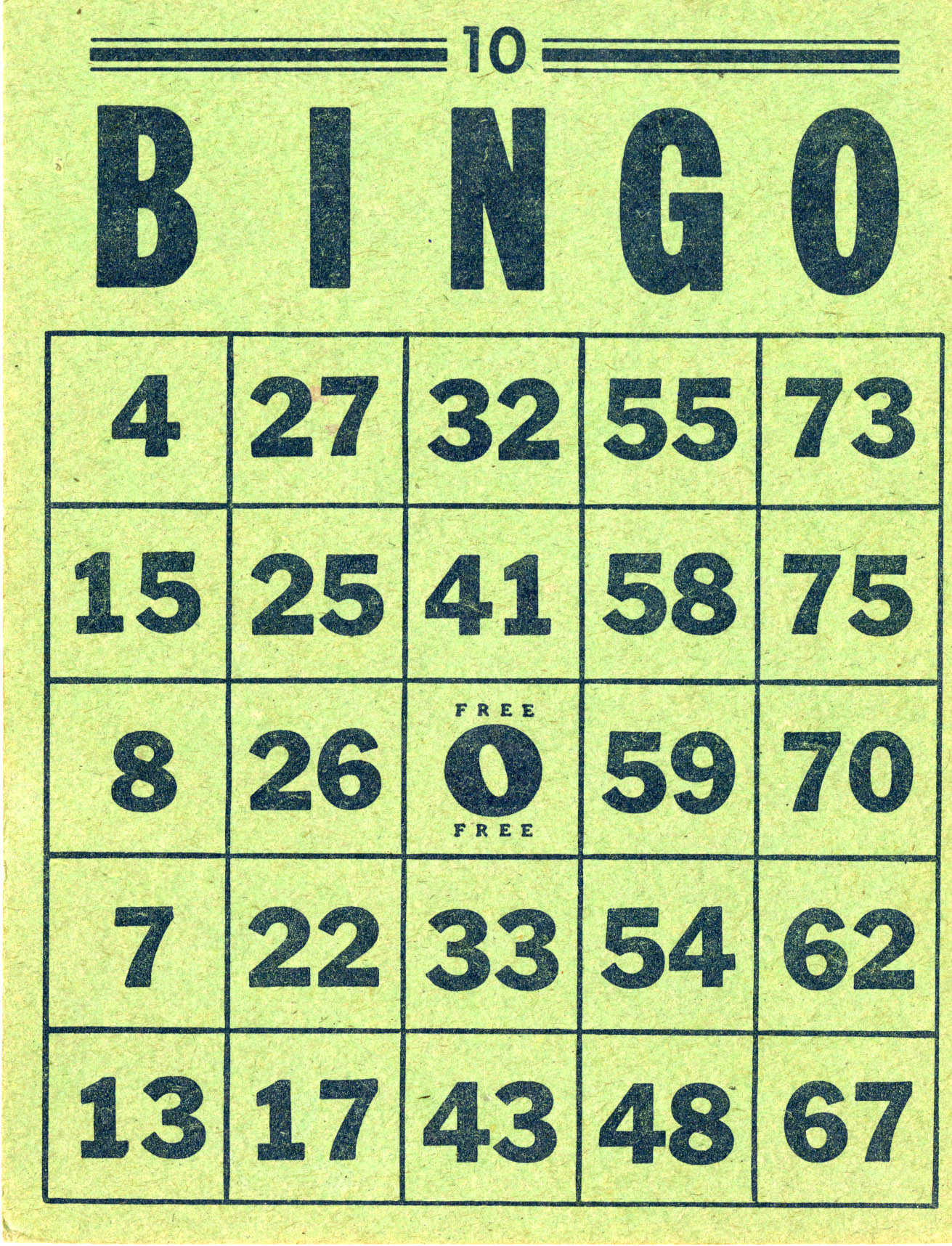Sorry for the late posting on this, but it’s been a heckuva day 🙂 Anyway, we (Brent Ozar, Blythe Morrow, several others and I) have had several logistical discussion about how Twitter Bingo will be played at PASS Summit 2009, and I thought I would post what we’ve discussed so far.
The goals!
The goal of the game is to increase networking opportunities between the SQL Twitter community and face-to-face PASS Attendees. Our hope is to a) strengthen existing relationships between SQL tweople, and b) encourage new people to start using Twitter and contribute to the social interactions beyond Summit.
What is NOT the goal!
To win fabulous prizes. Quest and SQLServerPedia are putting together some encouragement for new people to play, but the focus isn’t on “winning”; it’s on community interaction.
“Squares” and players…
Squares will be the volunteers who agreed to have their Twitter avatars placed on the cards. Squares may certainly play the game by printing out cards and pursuing other squares, but at this time, squares are discouraged from entering the prize drawing (Sorry about that; the prizes are fabulous, but not that fabulous). Again, we want to encourage new people to join the community; if you’re a square, you’re already there (ooh, that was a horrible rhyme.)
How will players mark off squares on their cards?
Each square has a code word; when asked for that code word, they should provide it to the player, who can write it on their card. I realized that code words will probably be shared among players, but again, the goal is to encourage community interaction even at the risk of minor “cheating”. We may come up with a more secure scheme next time, but this time, it just seems easier for Quest/SQLServerPedia employees to validate code words.
Arlene Gray (@whimsql) suggested that she write her code word on the back of her business card; I think that’s a great idea.
How will players know where to find me?
Twitter is an option 🙂 If you can, tweet your location throughout the day using the hashtag #sqlbingo.
Brent also suggested that if you’re a speaker, you may want to ask squares in the room to stand up before you begin your session, so players can identify them. We’re also planning on asking squares to print out a small badge to tape to their regular conference badge showing their avatar and username.
Where do players get their cards?
We’re going to ask players to print out their own cards and bring them with them; we’ll also have some cards available at the Quest/SQLServerPedia booth. Blythe Morrow also suggested that we use the PASS help desk booth as well.
How do players play?
We’re planning on adding this to the card:
Here’s how the contest works: print out 3 Bingo cards. Try to meet as many people as possible that are on your card each day. Each person has their own code word, and you have to write down their code word in their space on the Bingo card. When you get a straight line (5 people in any direction) on Tuesday, you can drop off your card in the SQLServerPedia booth in the exhibit hall. Each day, we’ll draw 2 winners and email them with their prize package – things like signed books, gift cards, and more. On Wednesday, it gets tougher – you have to have two straight lines filled out. On Thursday, you have to have a blackout – all spaces covered! Only one entry per person per day.
Who’s a square?
Below is the list of squares:
| Square | SquareUserName |
| Andy Leonard | AndyLeonard |
| Aaron Bertrand | AaronBertrand |
| Aaron Nelson | SQLvariant |
| Adam Machanic | AdamMachanic |
| Allen Kinsel | sqlinsaneo |
| Andy Warren | sqlAndy |
| Arlene Gray | whimsql |
| Bill Fellows | billinkc |
| Bill Graziano | billgraziano |
| Blythe Morrow | blythemorrow |
| Brent Ozar | brento |
| Brian Kelley | kbriankelley |
| Colin Stasiuk | BenchmarkIT |
| Denny Cherry | mrdenny |
| Eric Humphrey | lotsahelp |
| Geoff Hiten | SQLCraftsman |
| Grant Fritchey | GFritchey |
| Jeff Rush | JeffRush |
| Jeremiah Peschka | peschkaj |
| Joe Webb | JoeWebb |
| Ken Simmons | kensimmons |
| Kendal Van Dyke | SQLDBA |
| Lee Anne Pedersen | leeannepedersen |
| Lori Edwards | loriedwards |
| Mike Walsh | Mike_Walsh |
| Mike Wells | SarasotaSQL |
| Pat Wright | SQLAsylum |
| Peter Schott | paschott |
| Peter Shire | Peter_Shire |
| Ross Mistry | RossMistry |
| Rushabh Mehta | rushabhmehta |
| Steve Jones | way0utwest |
| Stuart Ainsworth | stuarta |
| Tim Benninghoff | bugboi |
| Tim Ford | sqlagentman |
| Tim Mitchell | Tim_Mitchell |
| TJay Belt | tjaybelt |
| Todd McDermid | Todd_McDermid |
| Tom LaRock | SQLRockstar |
| Trevor Barkhouse | SQLServerSleuth |
| Wendy Pastrick | wendy_dance |
| Wesley Brown | WesBrownSQL |
| William McKnight | williammcknight |
That’s all for now; I’m sure more will come up as I think about it 🙂
 I would argue that (at least in our shop) there’s a third schedule: the User’s Schedule. Some managers ARE users, so their time alternates between the Manager’s Schedule and the User’s Schedule, but for the sake of this discussion, we’ll keep this separate.
I would argue that (at least in our shop) there’s a third schedule: the User’s Schedule. Some managers ARE users, so their time alternates between the Manager’s Schedule and the User’s Schedule, but for the sake of this discussion, we’ll keep this separate. 



 No, what bugs me, is that out of the 6 answers posted, 3 of them involve CURSORS. For a SQL question. I know. Shock and horror.
No, what bugs me, is that out of the 6 answers posted, 3 of them involve CURSORS. For a SQL question. I know. Shock and horror. This will be a short post, mainly because I’m in the home stretch for
This will be a short post, mainly because I’m in the home stretch for